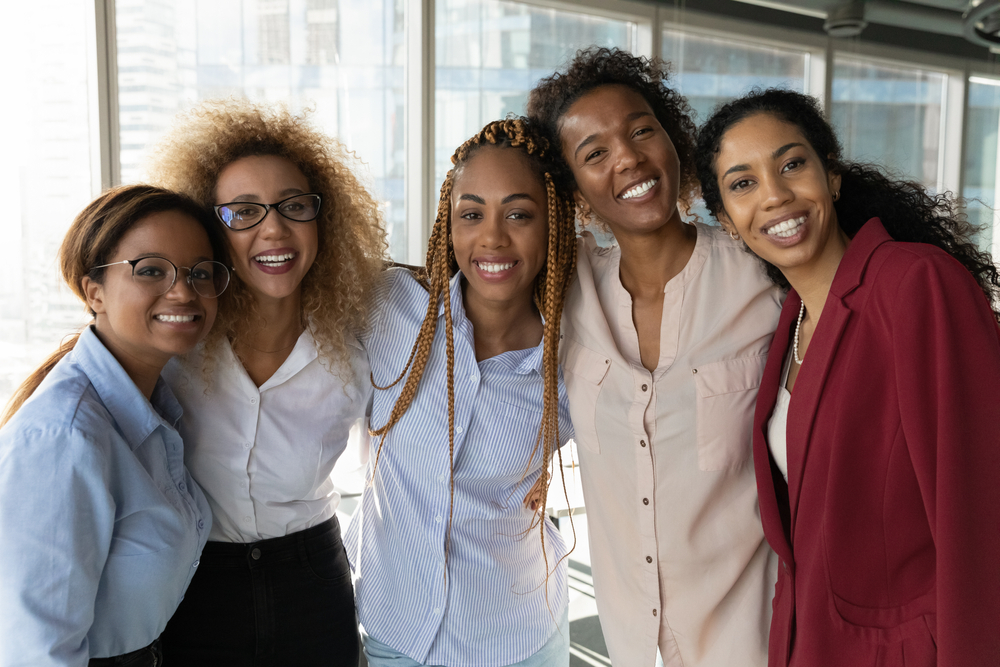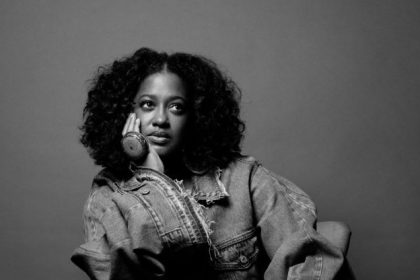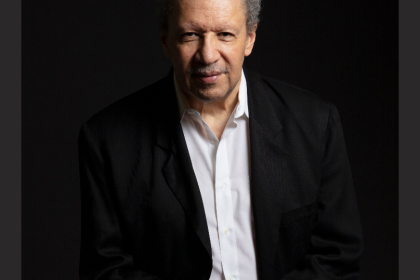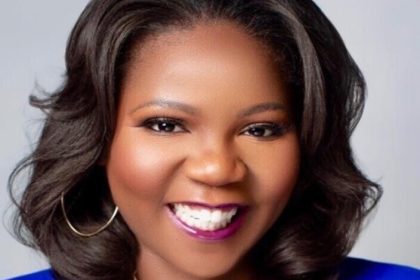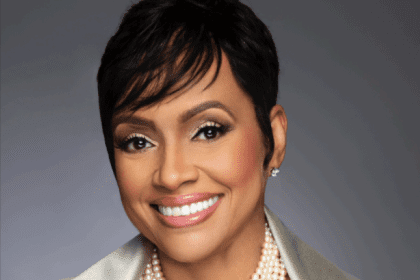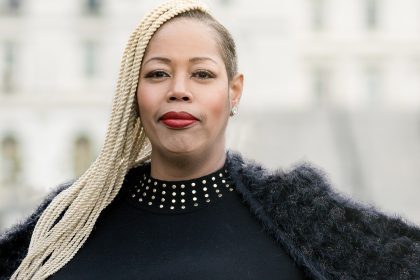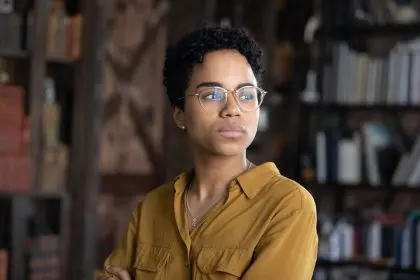When Listen to Black Women dropped its third episode, it wasn’t just another podcast release – it was a cultural moment. Hosted by Lore’l, the episode brought together an impressive panel including Danielle Young, Jessie Woo, Torrei Hart, and Melyssa Ford to tackle the pressing question: “Are Black women throwing tradition in the trash?” Their honest dialogue sparked crucial conversations about modern challenges and evolving expectations.
Breaking down the modern struggles
- The professional pressure cooker remains intense for Black women navigating male-dominated spaces. Melyssa Ford’s experience as co-host of The Joe Budden Podcast highlights this ongoing challenge, where she describes feeling like “an interloper” despite her professional accomplishments. Her candid admission resonates with countless women facing similar situations in their careers.
- The dating landscape presents unique hurdles, as illustrated through the panel’s discussion of high-profile relationships like Jonathan Majors and Meagan Good. These conversations reveal deeper questions about identity, perception, and authenticity in modern relationships. The panelists explore how public relationships often reflect broader societal expectations and pressures.
- Traditional expectations continue clashing with contemporary realities, forcing many Black women to redefine success on their own terms. The panelists’ candid sharing demonstrates how these pressures manifest in real life, from family dynamics to professional environments.
When tradition meets modern ambition
The episode delves deep into how Black women balance cultural expectations with personal aspirations. Danielle Young’s perspective at age 39 captures this evolution perfectly: wanting partnership while refusing to compromise just to escape singlehood. Her statement, “I don’t want to be nobody’s Coretta… I’m having a great time being Oprah,” resonates with many who choose to prioritize self-fulfillment over traditional relationship timelines.
The discussion highlights how modern Black women are creating their own definitions of success, often incorporating elements of tradition while rejecting aspects that no longer serve their growth and happiness. This balancing act requires constant navigation and self-reflection.
The relationship revolution
Today’s Black women are rewriting the rules of relationships. The panel explores how supporting partners through difficulties often leads to unfair blame when things go wrong. This discussion opens up broader questions about reciprocity and emotional labor in relationships, particularly in the context of public scrutiny and social media influence.
The conversation extends to how relationship expectations have evolved in the age of social media, where personal choices often face public commentary. The panelists share their experiences navigating these pressures while maintaining authentic connections.
Career success versus traditional roles
Professional achievement often comes with unexpected challenges. The conversation reveals how successful Black women frequently face criticism for prioritizing career growth over traditional relationship timelines. Yet, as the panelists discuss, these choices reflect changing definitions of fulfillment and success.
The discussion examines how career advancement can impact personal relationships and societal expectations. The panelists share strategies for maintaining balance while pursuing professional goals, acknowledging that traditional roles may need to be redefined in the context of modern career demands.
The protection paradox
Lore’l raises crucial questions about self-protection versus supporting partners through challenges. This discussion highlights the complex balance between being supportive and maintaining healthy boundaries, especially when facing public scrutiny. The panelists explore how traditional expectations of Black women as pillars of strength can sometimes conflict with personal well-being.
Redefining strength on their own terms
The episode challenges traditional narratives about Black women’s strength. Instead of viewing resilience as an obligation, the panelists discuss choosing when to be strong and when to prioritize self-care. This conversation addresses the importance of vulnerability and emotional authenticity in modern relationships.
The discussion extends to mental health and emotional well-being, areas often overlooked in traditional conversations about Black women’s strength. The panelists share personal experiences of learning to balance strength with self-nurture.
The authenticity challenge
In an era of careful image management, the panelists’ raw honesty about their experiences provides a refreshing counterpoint to curated social media narratives. Their willingness to share vulnerabilities creates space for more authentic conversations about modern challenges facing Black women.
The discussion explores how maintaining authenticity while navigating professional and personal expectations requires constant awareness and intentional choices. The panelists share strategies for staying true to themselves while meeting various social and professional demands.
Moving beyond stereotypes
The discussion addresses how Black women navigate stereotypes while creating their own narratives. From relationship choices to career moves, the panelists emphasize the importance of authentic self-expression over meeting others’ expectations. They explore how challenging stereotypes can lead to personal growth and societal change.
The impact of social media
The conversation delves into how social media influences modern relationships and personal identity. The panelists discuss the challenges of maintaining authentic connections in a digital age where relationships often face public scrutiny and commentary.
Navigating professional spaces
The episode explores specific challenges Black women face in professional environments, from microaggressions to representation issues. The panelists share strategies for maintaining confidence and authenticity while advancing in their careers.
Looking toward the future
As Black women continue redefining success and happiness on their own terms, this episode captures a crucial moment in the ongoing evolution of these conversations. The panelists’ insights suggest a future where traditional expectations and modern ambitions can coexist more harmoniously.
The episode’s impact extends beyond its runtime, sparking important conversations about autonomy, success, and happiness in the modern era. By addressing these complex topics with honesty and nuance, Listen to Black Women continues providing a vital platform for voices that need to be heard.
For many listeners, this episode serves as both validation and inspiration, proving that questioning tradition doesn’t mean rejecting it entirely – rather, it means adapting it to fit contemporary realities while maintaining cultural connections that matter. The discussions remind us that personal growth and cultural preservation can coexist, creating new paradigms for success and fulfillment.

